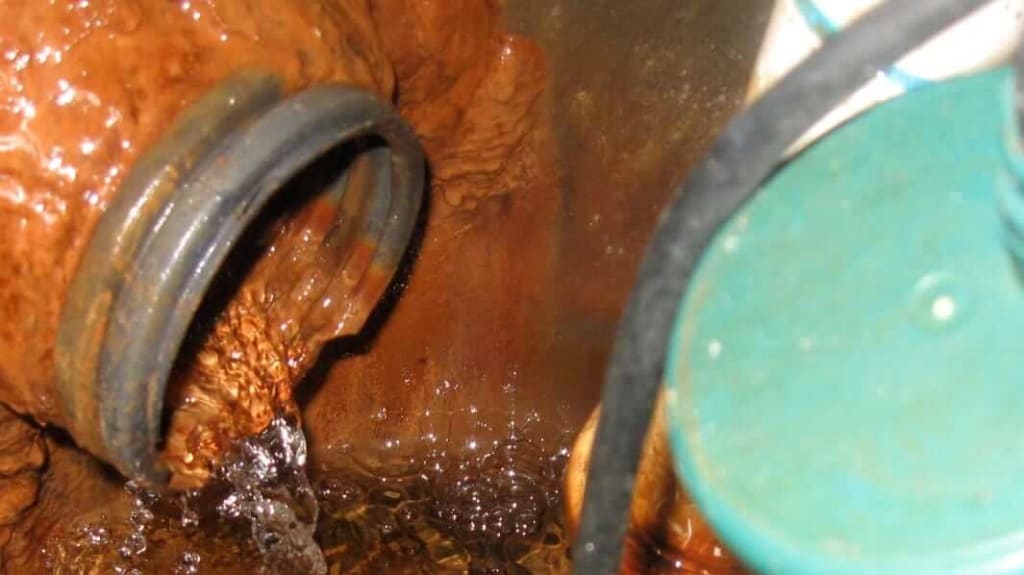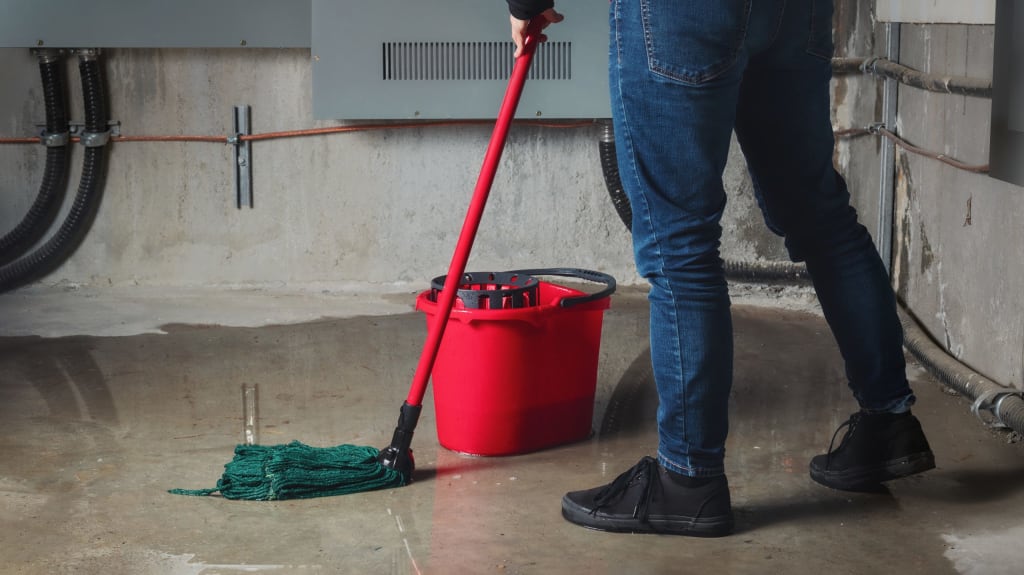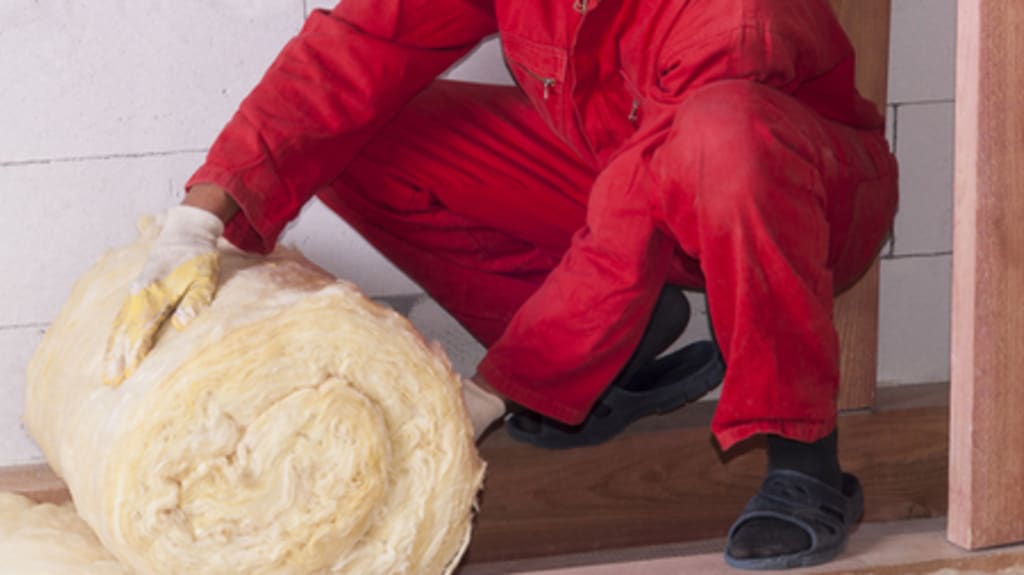From fixing sticky windows to installing garage door openers, folks are often pretty good at troubleshooting the smaller, more common issues that come with owning a home. That said, some things confuse even the best of us! For instance, no one expects a front lawn to look like it’s rusting or a concrete slab to smell like rotten eggs. And while these things can be ignored, they’re telltale signs of the presence of iron ochre. Let’s take a look at what it is, the damage it can cause, and how to prevent it.

What is iron ochre?
At first glance, iron ochre looks like reddish sludge. It forms when iron-eating bacteria in soil oxidize, turning them a red-orange colour.
Since they’re underground, French drains are often affected by iron ochre. It can cause them to clog, making them ineffective against flooding. Iron ochre can even make its way into your home and block your backflow prevention valve.

Is iron ochre dangerous?
Much like rust, iron ochre won’t kill you, but it can cause some health problems over time. If it gets into contact with your skin, simply wash the area with soap and water.
Iron ochre becomes an issue when it enters your French drain – it clogs the system and can cause water damage to your home’s foundation. This type of damage isn’t necessarily easy to spot either. In some cases, the foundation will absorb the water that doesn’t get drained. This weakens it over time and can cause extensive damage.

How can I protect my home from iron ochre?
While this is typically an ongoing issue that’ll need to be managed, there are some preventive measures you can take. Here are some things a Verified Contractor can do to help.
Drain the iron ochre and direct it under the foundation slab
Add a water-resistant coating to the foundation
Add a waterproof membrane to the foundation
Raise your concrete slab and drain everything that’s under it
Change your property’s slope
Install and clean drainage chimneys in your French drain
Fill in any gaps between your concrete slab and foundation

Creating happy, healthy homes
Decontamination projects can be tricky, but they’re important – they help maintain the integrity of your home and the health of your family! Iron ochre in particular can cause plumbing issues and leaks, so it’s good to take some precautions. For example, to prevent water damage in your home, you could waterproof your basement or learn to spot humidity issues. That said, major issues like foundation cracks, mould, and water leaks might be signs that it’s time to get your French drain replaced.
If you’re ready to start your project, reach out to one of our Renovation Advisors. They’ll guide you through the process and get you up to three quotes from our Verified Contractors.




